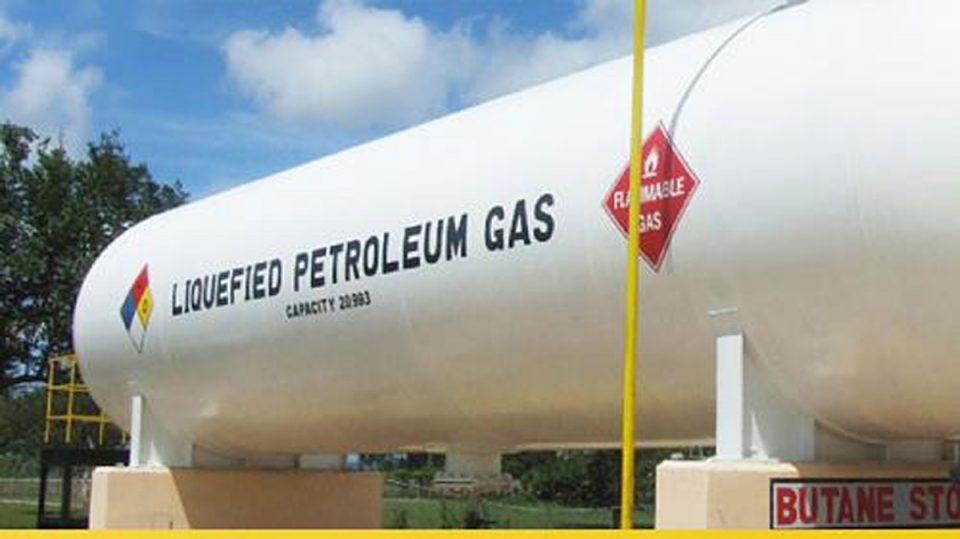Stakeholders in the oil and gas industry have listed several hindrances to the growth of Liquefied Petroleum Gas (LPG) in Nigeria and Africa in general, maintaining that deploying massive funding for gas infrastructure could transform the economy.
Speaking at the 2nd Annual Virtual LPG workshop organised by the African Refiners and Distributors Association (ARDA), Executive Director, Rainoil Limited, Emmanuel Omuojine, advocated that the country’s Gross Domestic Product (GDP) could add up to $1 billion annually just by optimising flared gas.
He listed sub-optimal infrastructure; poor roads for transportation, significant gas processing infrastructure deficit and obsolete pipelines as some of the problems besetting the sector.
In addition, the oil and gas expert highlighted limited berthing facilities and domestic equipment manufacturing, foreign exchange for import of LPG and related equipment as well as regulatory and policy frameworks as barriers to LPG penetration in the country.
He explained that Nigeria requires about $750 million investment in LPG transport and retailing infrastructure across the country to achieve the target of 5 Million metric tonnes annual consumption.
According to him, by investing in gas adoption and utilisation, an estimate of over $27 million per year would be generated by switching 50 per cent of kerosene and firewood users to LPG.
He called for an effective public enlightenment and sensitisation advocacy on health and cost benefits to drive penetration while enforcing effective penalties for emissions as well as rewarding global warming reductions.
Executive Secretary of ARDA, Anibor Kragha, in his remarks, said that LPG remains the fastest-growing petroleum product in Sub- Saharan Africa, noting that the per capita LPG consumption in Sub-Saharan Africa is however the lowest in the world.He argued that although Sub-Saharan Africa accounted for 14.4 per cent of world’s population, it has less than 1 per cent of global LPG consumption, listing finance and infrastructure as key to growing the sector.
Also speaking, the Acting Director, Research, Monitoring & Evaluation at Ghana’s National Petroleum Authority (GNPA), Joseph Wilson, noted that LPG has been exceptionally placed to act as a “bridging fuel” which would minimise environmental impacts.
He explained that this will satisfy energy needs, where over 850 million on the continent still rely on tradition biomass for cooking.
According to him, the adoption of LPG remains a key means for the reduction of over 500,000 premature deaths in Sub-Saharan Africa due to indoor air pollution, considering that the technological solutions that currently exist to deal with indoor air pollution are costly and would take time to take effect.
“Private sector involvement in clean cooking remains highly fragmented, because a majority of clean cooking companies are small scale and face difficulties in accessing adequate funding.
“Business can take advantage of Clean Cooking Fund to help address these problems by providing result-based finance, grants and technical assistance to organisations that offer innovative solutions to accelerating deployment of clean cooking solutions,” he said.
In his remarks, Executive Director at Citac Africa, James McCullough, listed the cost of cylinder, burner, regulator, stove, hose among others as impediments to LPG adoption.
McCullough said that subsidy, reduced tax, Pay As You Go (PAYG) options, expansion of LPG infrastructure in rural communities as key issues in the sector, noting that beyond price, awareness campaigns and advertising are critical to ensuring uptake of LPG.




